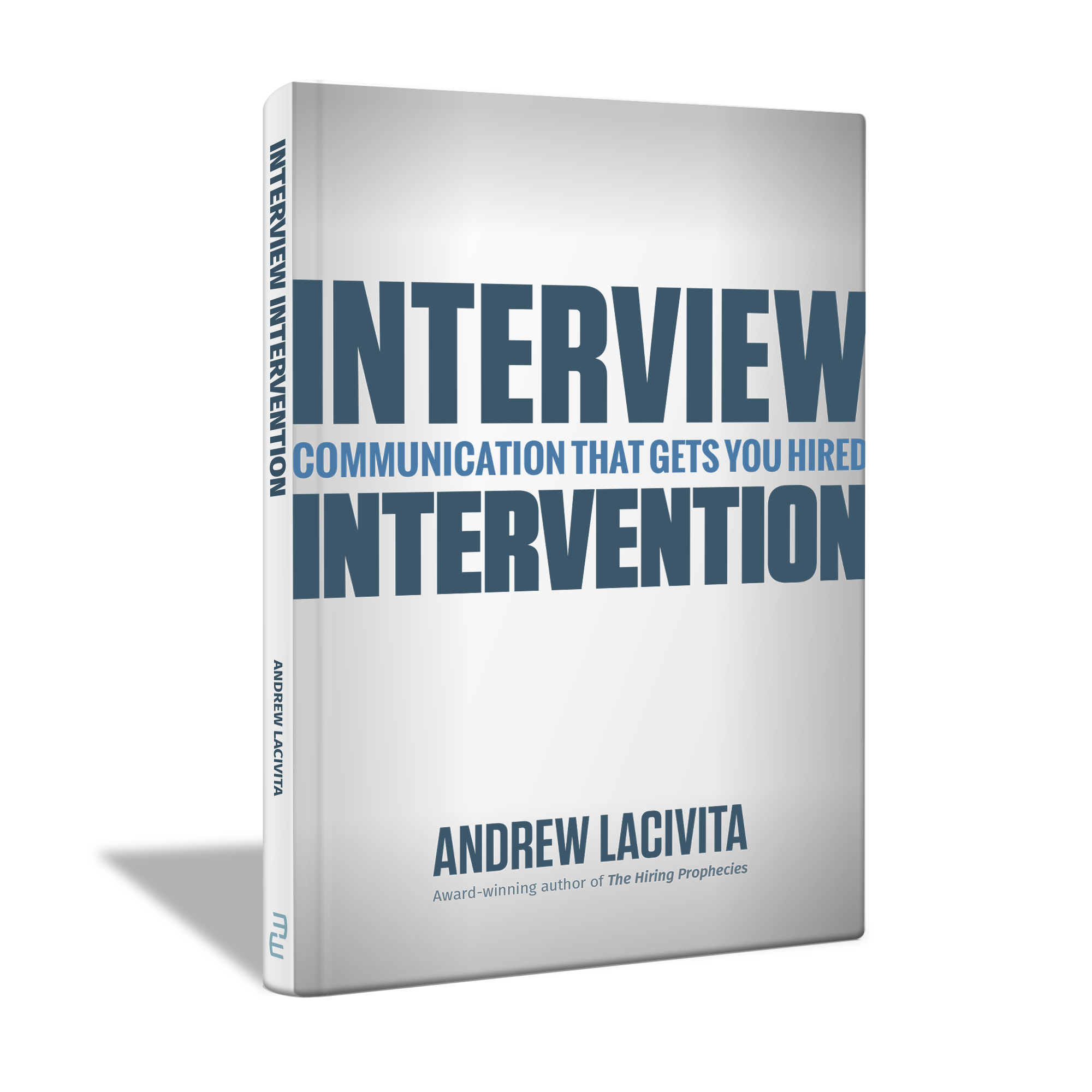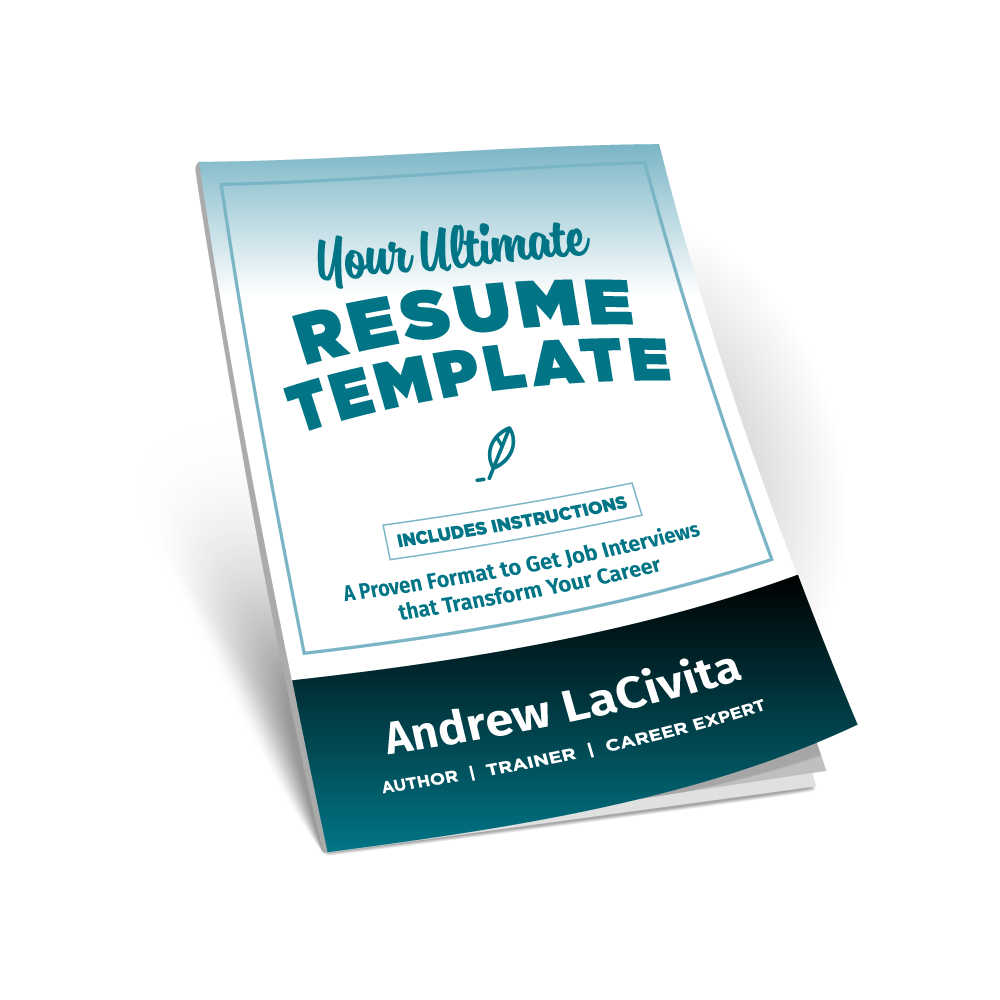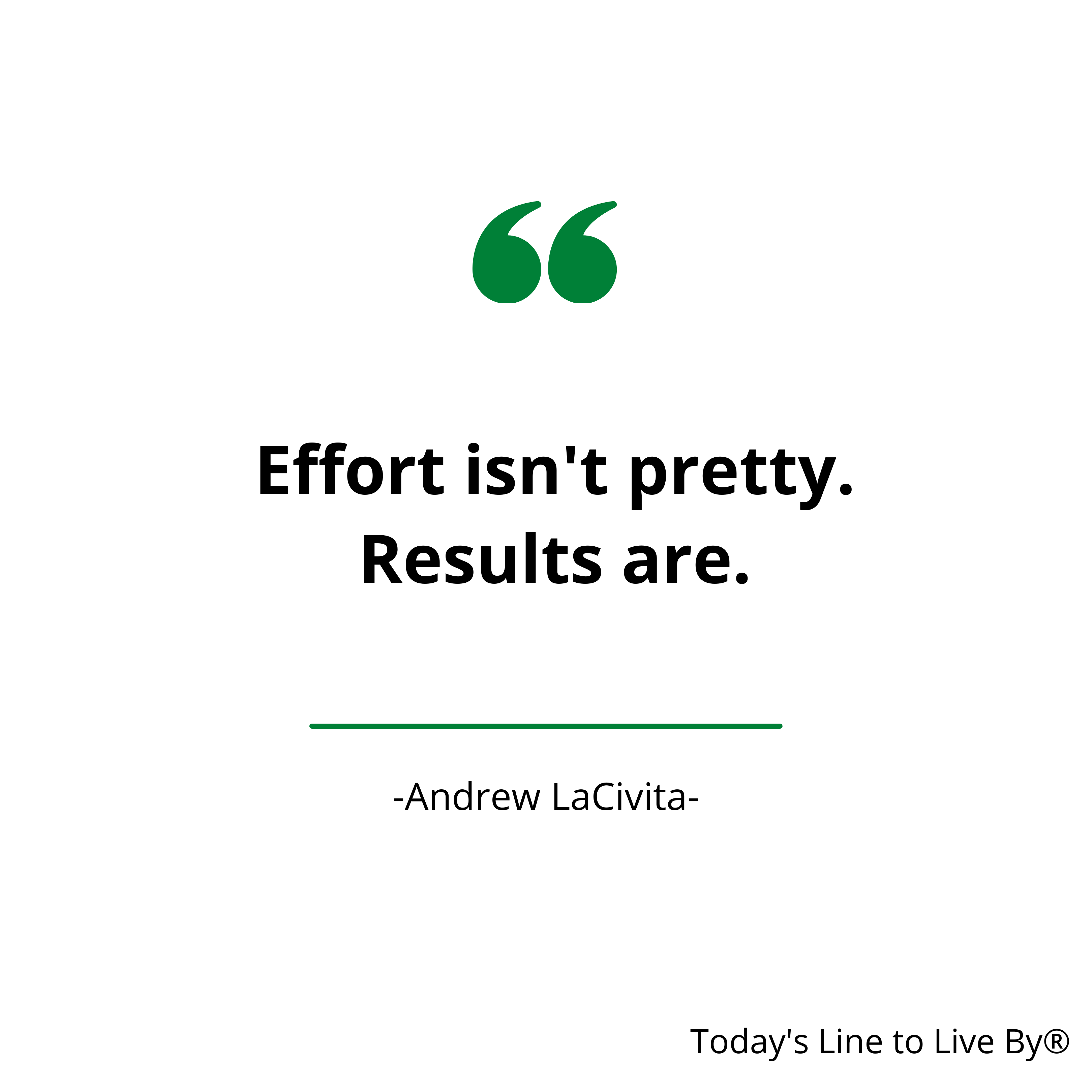As you can imagine in my position, I receive many inquiries from job searchers. Since it’s extremely difficult to spend the appropriate amount of time with each of them, I thought I’d share what I consider to be the art of a successful job search.
I won’t go so far as to say a poorly conducted job search will kill you, but I’d argue that it might land your career in the intensive care unit and require several years of rehab to get it back on track. To avoid that, I’d like to offer what I consider the important elements and activities that accompany a successful job search. I’d also recommend employing these regardless of your current job situation.
Oh, I can already hear the “passive” job candidates thinking, I’m not actually in a job search. I’m investigating an opportunity that fell into my lap. If that’s your line of thinking, you’re likely at greater risk of making a job-changing mistake than someone who is unemployed. Why? Because you’ll fall victim to the single greatest mistake people make when changing jobs. You’ll probably start using moral algebra to literally or figuratively list pros and cons of staying with your current job or moving to that new golden opportunity that dropped out of the sky. If that’s you, I hope you keep reading.
Before I share those elements of a successful job search, I’d like to address what I mean by “successful.” A successful search doesn’t result in getting a job offer and accepting it. A successful job search is one that results in you landing a (new) job that makes you happy for a sustained period of time, adds significant value to the company that hired you, and enhances your professional growth. If you don’t bat three for three, you don’t get full credit.
What are those elements and activities of a successful job search?
There are several elements that accompany successful job searches, but I’d like to suggest these 12 as the best areas to start.
Know yourself. The single greatest challenge job candidates face when they evaluate a job change is they are unaware of what makes them happy in their professional lives. It might sound odd, but keep in mind it’s much easier to identify the areas that make you unhappy because they are front and center and top of mind. It’s much more difficult to proactively identify all the criteria that makes you happy. Do so upfront and use it as a basis to evaluate your current situation as well as any potential employers. See The World Actually Does Revolve Around You and Overcoming the 2 Greatest Job Changing Challenges Part 1 for more insight regarding how to effectively approach this.
Know your odds and align your efforts accordingly. Do you realize that your demographic strongly affects the mediums regarding how you’ll likely find your next job? Here are a few statistics for you. If you’re under 50 years old or earn less than $100,000 annually, you will likely find your job according to the following probabilities: Networking with friends and professional colleagues: 35%; Researching companies: 25%; Searching online for published opportunities: 15%; Applying for opportunities: 20%; Working with recruiters/volunteer: 5%. If that were the case, why would you spend 50% of your time calling recruiters if they only give you a 5% chance of finding your job? For additional insight regarding probabilities, see Mind Your Demographic to Ensure a Successful Job Search.
Target companies not jobs. If you don’t target, you’re hoping. Unfortunately, hope is not a strategy. Understand that you join a company not a job. Expand your knowledge of your space and the players in it. Evaluate the companies that would most benefit from hiring you and see whether they have openings and then determine if you know someone who works there. (For most companies, one out of four employees hired is an employee referral.) Targeting your job search approach will serve you far better than combing job sites and blindly sending your resume without fully understanding whether the company and job are good for you and vice versa.
Style your resume. I wrote an entire article on this. I can’t say it any better now than I did then. A Resume Quickie.
Credential up. I’m not a huge fan of running back to grab an MBA or anything similar. I only recommend doing so if you want to make a career pivot. If you’re an engineer that wants to become a finance geek, I’m all for it. Drop the $100K and go for it. If, on the other hand, you’d like to stay in your line of profession, pursue some relevant certifications. If you have them, great! If not, start pursuing them and note it on your resume. It’ll show employers you take initiative and are already on your way to being trained.
Network “on” and “off” line. If you don’t have a well laid out Linked In profile, I’d start preparing or updating yours. It’s THE professional networking site to keep you connected with your colleagues. It’s an easy and free way to do so and it’ll also give you a chance of being found by the hoards of recruiters using it daily to comb the world for talent. I’ve already mentioned some statistics and you should realize that 80% of companies are using Linked In as a source for recruiting. It’s also the easiest way for you to instantly see where your colleagues are working or whom you might know at a company you’re targeting. See The Anatomy of a Top 1% Most Viewed Linked In Profile to learn more.
Take a social media shower. Like it or not, social media site privacy settings are loose at best. This means you’ve deodorized all those face plant pictures “hiding” on Facebook or anywhere else for that matter. Most companies’ corporate recruiters will review your Linked In Profile, Facebook Page, Twitter Handle and also Google you. If you don’t have accounts on these sites that leads to different questions—nice double edge sword for sure. Either way, keep it clean and keep it in order. That means your Linked In profile picture is a nicely done shot that says, “Hire me!” It’s not the picture of your Sunday Golf Game (unless you’re a PGA player) or the one with your dog (unless you own a pet store). It takes 20 seconds to type your name in Google and select Images. See what comes up. Do it before any potential employers do.
Prepare your questions. Your list of “happiness” criteria should serve as the starting point for these questions. You can draft a stock list of questions you’d ask any employer and augment it with those specific to the particular companies you’re interviewing with.
Know whether you can break up. Can you actually say goodbye to your current employer? If you can’t, save yourself and several others the effort and anguish of your job search. From the moment you take the first step evaluating a career change you need to be clear whether you would in fact leave for the right opportunity. Leaving is an emotional decision, so you need to be emotionally ready. Knowing whether it’s the right opportunity is a tactical decision, so you need to plan for and execute on determining whether an opportunity is actually the right one. If you’ve done the previous steps, you’ll make a good decision. If you haven’t, you might get lucky, but my statistics indicate the odds aren’t in your favor.
Expect a counteroffer. Employers hate to be fired on your terms. It’s expensive to lose you because they need to hire and train someone else. It’s less costly for them to increase your pay. Even if your company hasn’t historically given counteroffers, you should still be prepared—not to accept it. I could write 10,000 words on the reasons you shouldn’t accept it, but recognize that 72% of individuals who accept a counteroffer from their current employer are no longer with the company within 12 months. Why? They very quickly realize they weren’t leaving for money in the first place or the employer managed to find a replacement in advance of letting them go.
Get job interview ready. Big smile here. I wrote an entire book on this item alone. Here’s the summary. Your qualifications get you an interview, but have very little to do with you actually getting the job. (If you are able to get the job on qualifications alone, you’re likely not long for the relationship.) Once you’re in front of the employer, they’ve granted you’re qualified because they wouldn’t waste their precious time speaking with you if you weren’t. You get the job because you are able to effectively articulate your fit and value and they are able to effectively understand what you conveyed—and agree with it. This communication element and getting it right in both directions is no small task—especially in a condensed amount of time. Make sure to effectively prepare by not only reviewing the company material and any insight you can gather on the interviewers, but also taking time to recollect your work history and planning how you will articulate that history throughout the interviews. And, most importantly, read Interview Intervention: Communication That Gets You Hired. I give it away to anyone who’s interested in improving his or her career.
Be. Resourceful. Thankful. Optimistic. Ready. For. Anything.









Hey Andy, Jeannine from Cafe Touche
Jeannine! Great to hear from you! Hope you enjoy the posts!